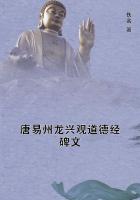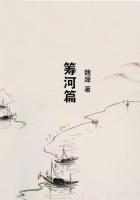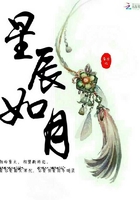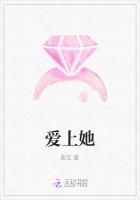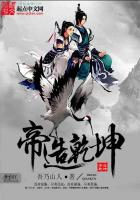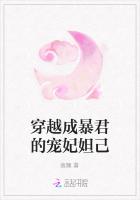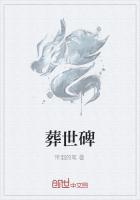But why? he vainly questioned. What injury had he done Bernard Higginbotham? The thing was so unreasonable, so wanton. There was no explaining it. In the course of the week a dozen similar letters were forwarded to Martin by the editors of various Eastern magazines. The editors were behaving handsomely, Martin concluded.
He was wholly unknown to them, yet some of them had even been sympathetic. It was evident that they detested anonymity. He saw that the malicious attempt to hurt him had failed. In fact, if anything came of it, it was bound to be good, for at least his name had been called to the attention of a number of editors. Sometime, perhaps, reading a submitted manuscript of his, they might remember him as the fellow about whom they had received an anonymous letter.
And who was to say that such a remembrance might not sway the balance of their judgment just a trifle in his favor?
It was about this time that Martin took a great slump in Maria's estimation. He found her in the kitchen one morning groaning with pain, tears of weakness running down her cheeks, vainly endeavoring to put through a large ironing. He promptly diagnosed her affliction as La Grippe, dosed her with hot whiskey (the remnants in the bottles for which Brissenden was responsible), and ordered her to bed. But Maria was refractory. The ironing had to be done, she protested, and delivered that night, or else there would be no food on the morrow for the seven small and hungry Silvas.
To her astonishment (and it was something that she never ceased from relating to her dying day), she saw Martin Eden seize an iron from the stove and throw a fancy shirt-waist on the ironing-board.
It was Kate Flanagan's best Sunday waist, than whom there was no more exacting and fastidiously dressed woman in Maria's world.
Also, Miss Flanagan had sent special instruction that said waist must be delivered by that night. As every one knew, she was keeping company with John Collins, the blacksmith, and, as Maria knew privily, Miss Flanagan and Mr. Collins were going next day to Golden Gate Park. Vain was Maria's attempt to rescue the garment.
Martin guided her tottering footsteps to a chair, from where she watched him with bulging eyes. In a quarter of the time it would have taken her she saw the shirt-waist safely ironed, and ironed as well as she could have done it, as Martin made her grant.
"I could work faster," he explained, "if your irons were only hotter."
To her, the irons he swung were much hotter than she ever dared to use.
"Your sprinkling is all wrong," he complained next. "Here, let me teach you how to sprinkle. Pressure is what's wanted. Sprinkle under pressure if you want to iron fast."
He procured a packing-case from the woodpile in the cellar, fitted a cover to it, and raided the scrap-iron the Silva tribe was collecting for the junkman. With fresh-sprinkled garments in the box, covered with the board and pressed by the iron, the device was complete and in operation.
"Now you watch me, Maria," he said, stripping off to his undershirt and gripping an iron that was what he called "really hot."

